When I decided to start my blogging career—one of the many vexing things I had to deal with was figuring out what to blog about. I understood that success would only come through specialization, and I still stand by this thought.
I’m almost certain this isn’t the first blog post you’re reading about choosing a blogging niche. Also, I’m sure the most common advice you’ve read about is blogging about what you’re passionate about.
I used to support the notion of blogging about passion, but I’ve grown, and the more I become better at blogging, the more I understand that there’s more to it.
In this post, I will explain why blogging about your passion is wrong and show you how to narrow in on the right niche to guarantee blogging success. Five factors should guide you when deciding what niche to get into.
- Audience revenue potential
- Earning potential
- Future earning potential
- Keyword research difficulty
- Professional connections
Before I start breaking down these five niche selection factors, please read my post on how to start a blog if you haven’t already set up one.
1. Audience Revenue Potential

Who will you be writing for? Where do they live? Are they in the working class? What kind of jobs might they be doing? These are examples of some of the first questions you should ask yourself before deciding what niche to write on.
The ultimate answer to all these questions will be whether or not your target audience has money. The more money they have, the more they’ll be willing to spend. And when I say spend, I mean spending on you. Here’s how they can spend their money on you as a blogger—clicking on ads on your site, buying products/services you sell or recommend, or buying your books and courses.
If most of your target audience is in developing countries—don’t expect to make much money from them. This fact sounds harsh, but I’m from a developing country and know exactly what I’m talking about.
You could have a million readers and barely make a full-time income. Of course, my example is an exaggeration, but you get the point. On the other hand, an audience of a few thousand readers from developed countries could make you good money.
From my example, targeting people from developed countries would be wise. You can now start narrowing down the people from this demographic according to age, career, and interest to identify where the money is.
2. Niche Earning Potential

The fact that you’ve identified the audience with the most money in their pockets doesn’t mean you can blog just about any topic. You have to find a profitable topic. For instance, a blog focusing on insurance won’t earn the same as one specializing in celebrity gossip.
In insurance, the main subject is money, and when people talk about money—it tends to move quite a lot. When money moves, it could move in your direction. An audience interested in this topic is most likely looking to spend on an insurance plan.
If advertising is the revenue generation model for such a blog—advertisers will be willing to pay a lot for the ads because the audience is full of potential customers. As a result, you can earn a lot more per click on such ads.
For our celebrity gossip example, the audience is there for gossip and entertainment purposes only. The kind of advertising that’ll show up on such content will tend to be general and earn you less since the audience is less likely to buy something.
Affiliate marketing will also be more lucrative in the earlier category because of how much money the customers will be willing to spend. From our example, you could have an audience of 10,000 readers in the insurance niche and make more than in the gossip niche with up to 100,000 readers.
At the start of this post, I talked about blogging about passion being BS—yes, I’m sticking to that statement. It’s simple: if you want your blogging business to bring in good money—you have to go for the more lucrative topics where more money is involved.
The pair of topics (insurance and gossip) is an example of the contrasting topics you can choose to blog about. Examples of lucrative topics to go for include:
- Personal Finance
- Crypto
- Marketing
- Content creation
- Programming
- Banking
- Travel
These examples are just but a few. You should narrow in on them and find something to specialize in. You also can mix up two or three that go well together. But remember—the more profitable a niche or a topic is, the higher the competition you’ll face. So you have to work your a** off to be successful.
3. Future Earning Potential

Before settling on a given niche, you should ask yourself whether your direction is future-proof. Will whatever you talk about remain relevant in the next decade and beyond? How soon can you run out of ideas on the topic?
Blogging may take time to earn a full-time income, so settling on a timeless niche would be wise. I can’t easily predict what topics will be obsolete soon, but one rule of thumb is to avoid anything that has become trendy too recently. Give it some time until you’re sure it’s here to stay.
Once you settle on a particular niche—another rule is to focus more on writing evergreen content. The kind of content that your audience can still read years from now.
How to tie a shoelace is an example of an evergreen topic. Even if people decide to start flying instead of walking in the future, they’ll still need shoes to land.
Which party will win the 2024 midterms? This is an example of a news cycle topic that’ll be obsolete immediately after these elections.
Evergreen topics will earn you money for years, even when the competition is stiff. Such topics have enough time to rank, and the traffic will trickle in over time. Newscycle topics may fail to make any money, especially if the competition is stiff and there’s not enough time to rank on SERPs.
Writing evergreen topics is a sure way of future-proofing your work, which means greater earning potential. Be sure to find a topic whose relevance can outlive the test of time.
4. Keyword Research Difficulty

By this stage, you have a niche in mind, and the next step is to research topics to write about.
I’m not going to dwell on how to do keyword research—you can read about that in this post, where I borrow most ideas on how to come up with blog topics to write about.
There are three metrics that you’ll see when doing keyword research:
- Search volume – the number of searches of the keyword within a given period
- Paid competition – those who pay Google to be placed higher on the SERPs
- Cost per click (CPC) – how much advertisers pay when a reader clicks on an ad
The higher the search volume, the higher the number of potential readers on a topic with that keyword.
Paid competition is defined as Low, Medium, or High—low, which means it’ll be the easiest keyword to rank for on SERPs.
CPC can vary from $0 to hundreds of dollars. The higher the CPC, the higher you could earn with the keyword if you use display advertising on your blog.
To settle on a keyword—regardless of what keyword research tool you’re using, we want to settle on a keyword with the following traits:
- High search volume
- Low competition
- High CPC
However, finding and ranking for such a keyword will be difficult when you start a brand-new blog. In this case, here’s what you’ll have to do—go for longer key phrases with low competition. Don’t worry about the small search volume—our goal is to rank first and gradually move into the shorter keywords with higher competition.
5. Professional Connections

Now that you’ve settled on a niche or have a shortlist of niches and topics—you need to consider getting all the help you can get. Do you know any experts in a particular niche, personally or professionally? If so, you can go a long way in creating quality blog posts with their help.
You could interview them or ask for professional advice to make your blog posts more valuable on the expertise front. If you’re lucky enough to have an acquaintance with an industry leader—you can quickly grow your blog if you leverage this connection.
Experts can be a valuable go-to resource whenever you need to add value to your content—you can use their industry authority to build the authority of your blog.
This part of settling and doubling down on a niche doesn’t apply to most of us, but if you’re lucky enough to have such an option, use it to get ahead of your potential competitors in the same niche.
Your Blog Is a Business
If you want to make serious money blogging, you have to think of it as a business, not a hobby. Write a business plan and hunt for the most profitable niche you think you can handle using the strategy I’ve outlined in this post. Once you decide on a niche, purchase a reliable hosting service, get a relevant domain name, and launch with several pillar posts.
When you manage to get your blog up and running and make some money, you can reinvest the income by outsourcing most of your tasks to make your work easier and grow faster or leveraging the power of AI to create new content.


